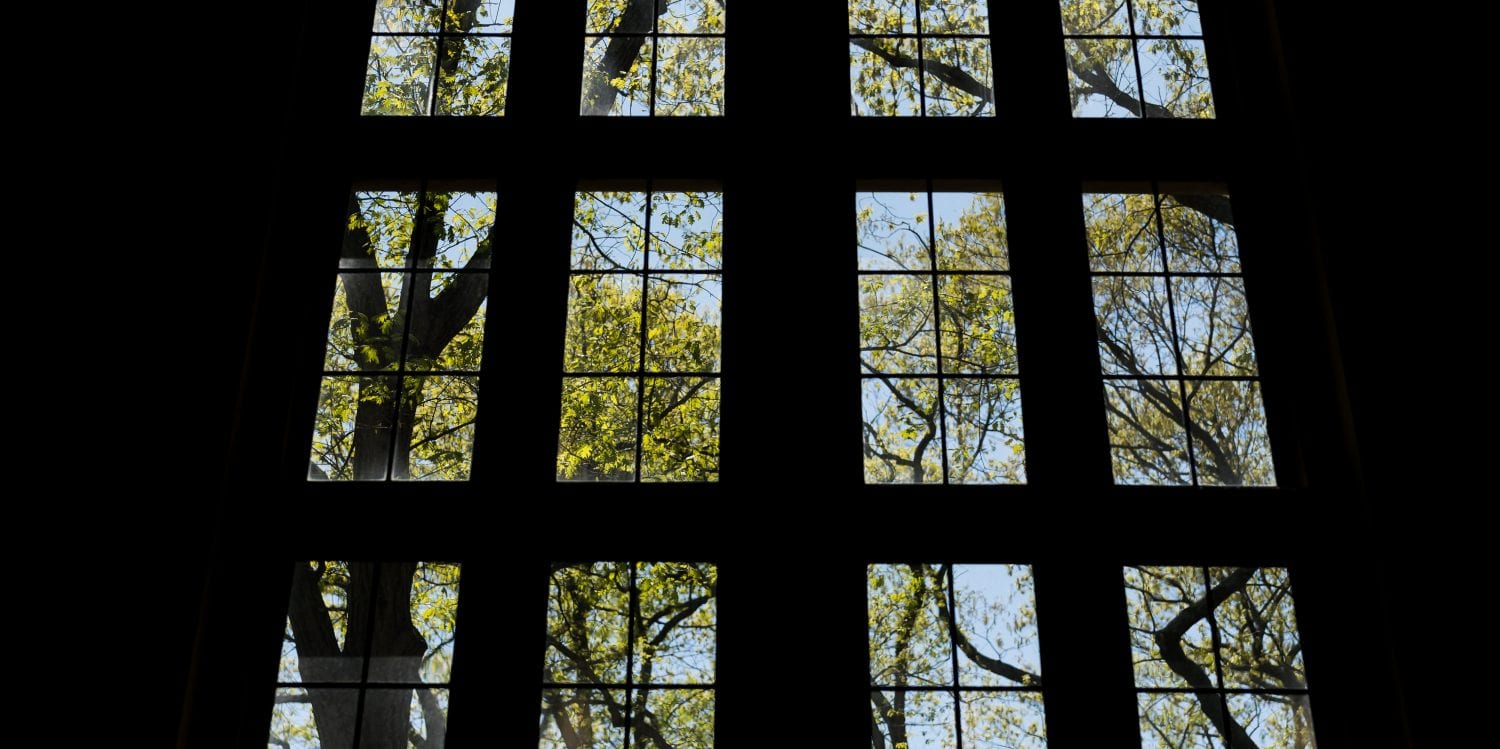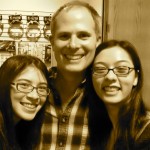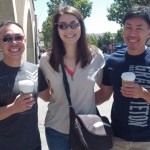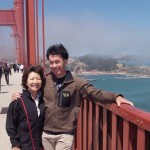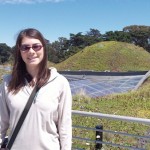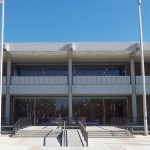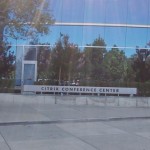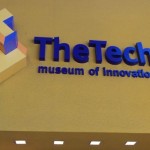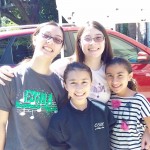Hello everyone!
Sorry for not posting on Friday—I just got back from San Jose, CA, and didn’t have access to internet there :). After finishing my summer research at Wellesley, I flew home to Minnesota, where I picked up my cousins, who were visiting. The three of us flew to their home in San Jose, where I’ve been staying for a week! I had a wonderful time, and give great thanks to my aunt Judy and uncles Bill and Nick who ensured I had a delightful stay.
The previous times I had visited San Jose, I hadn’t been old enough to appreciate the environment in Silicon Valley. The first day I arrived, my uncle and I went to the Tech Museum, where I learned that this was the birthplace of microprocessors and the modern-day computer. The second day, we visited my uncle Bill’s office at Citrix, a company that specializes in cloud computing technology. While my uncle arranged himself in front of three computer screens, a mechanized voice from across the cubicle aisle teased “I hear you, Douglas– come tell me how this project is going!” Douglas, who had been walking by the cubicle while talking to a coworker, quickly turned to the computer monitor to talk to the speaker (who happened to be video-conferencing into work.) Uncle Bill explained to me that since Citrix specialized in connecting people everywhere and all the time, it would be a bit hypocritical of them to keep their employees from doing the same :). He himself was a manager of programmers, and kept his own schedule. I wish I had understood more about his work, as I don’t have enough of a programming background to fully comprehend the concept of cloud computing. Nevertheless, I know that this is where the computing technologies have come from and continue to come from, and it leaves me in awe.
Even the athletes here have a different mindset. On the third day, I ran with my uncle Nick and his runner’s group at San Antonio ranch. There were four men there (the women hadn’t shown up that day), and I was able to spend time with each of them. At one point at the end of our 7.6-mile run, I asked Bob was he did for a living. “I’m a pastor,” he said, adding “I bet you didn’t think there were any non-enginners in Silicon Valley!” Behind him, Rich jumped in– “But he was an engineer”– and everyone laughed. They all spoke and engaged with me even though most of them had children older than I– something I have never experienced in MN or MA. “What do you want to be?” they asked, and when I replied “a professor,” they all nodded, told me about their jobs as scientists and engineers in industry, and spoke about marathons and the space rover’s landing. Strangely, it was one of the first times I’ve ever felt like an adult. Unlike most conversations I have with adults, these men didn’t primarily engage me by asking questions about what I liked to do in college, but spoke to each other and me about their projects and work, fitting in easy explanations for me but not altering the flow of their original conversations. There was a camaraderie and unforced nature to the conversation that made folding me and any other new acquaintances in seem less like them trying hard to pay attention to activities that they were no longer interested in, but bending the focus around mutual interests, even through the age gap. It was a fascinating mixture of mentoring and equality, and I’m still not sure how to explain it. 🙂
On the fourth day, my uncle Nick invited me to spend a few hours with him at Agilent, the biotech company where he works, and he arranged for me to speak to four of his female coworkers about their projects and their jobs. It reminded me of my high school final project, when I interviewed nine female professors at the University of Minnesota about their careers, except that this time I had the opportunity to interview scientists in industry. Agilent is special in that it is one of the few companies that retains a central research and development department, where scientists are allowed to pursue their ideas without immediately being concerned with market value. Everyone I talked to loved this about Agilent, as well as the fact that they had great coworkers. Alicia told me that she enjoyed industry because all of their research is immediately applicable to human health, because of the nature of selling products. There is also the fact that industry often pays better than academia, that the hours are long, but regular, and that the scientists at Agilent always get to work on something new. I even learned that industry postdocs exist, rather than just academic postdoc positions! Altogether, it was an enlightening experience, and has given me much to think about in my quest to become a professor. Luckily, I’ve lots of time, as I won’t be done with graduate school for another… nine years or so? 😉
I had a great time in CA, and can see why my parents tell me they want to return there when my sisters and I are out of college. They tell me that the environment is different, that in Silicon Valley especially, what you know is more important than where you come from. I know that young scientists and engineers flock here to work, and I can see why, because the people I met were engaging and intelligent, and inclusive and workaholics. In many ways, it’s very similar to Wellesley– a home where bright, young, dedicated women are deciding how to make a difference in the world. I’ve always thought that a place as nurturing and intellectually stimulating as Wellesley couldn’t exist outside the college… but perhaps it can, and I hope that for many of us, Silicon Valley is the next step along our way.
Monica
